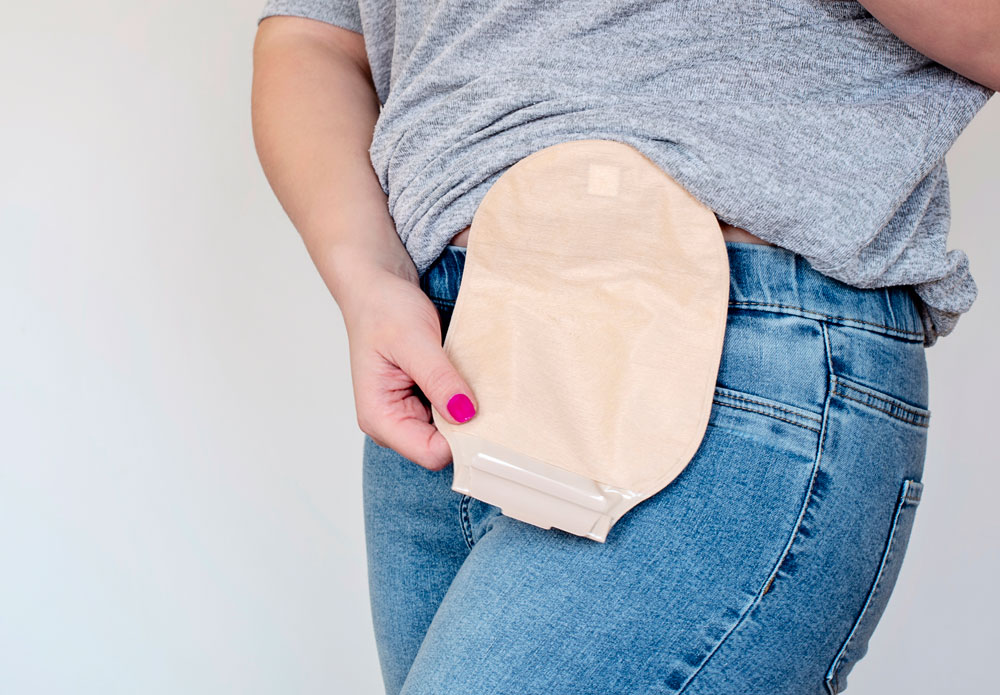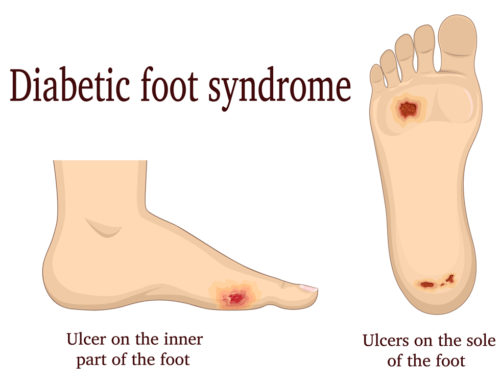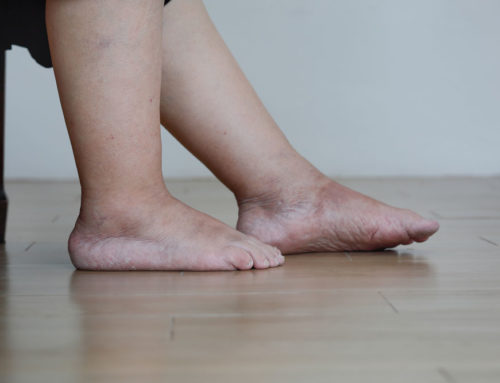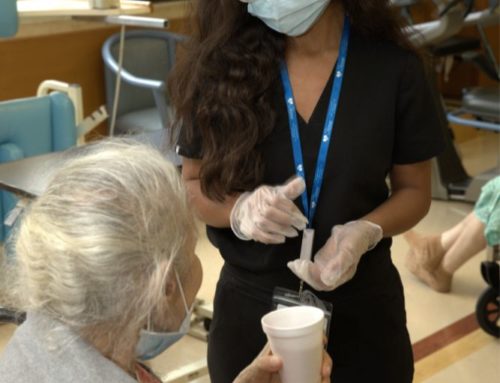Watch For These Most Common Complications of An Ileostomy
Certain conditions cause inflammation or damage to the colon, preventing it from safely disposing of solid waste. Such medical issues include bowel cancer, Crohn’s disease, ulcerative colitis, bowel obstruction, or injury to the area. When any of these occur, an ileostomy is required to prevent solid waste from reaching the large intestine or rectum. Unfortunately, complications of an ileostomy could occur, causing discomfort, pain, and other difficulties.
To prevent such issues, knowing the most common ileostomy problems is essential. Proper ileostomy care and rehabilitation is also crucial, which may require specialized assistance from a medical professional.
Recovering from life-saving ileostomy surgery can be challenging. Fairview Rehab and Nursing Home in Queens NY offers treatments and nursing care to patients who underwent Ileostomy surgery. Many patients suffer from short-term physical and mental problems after this surgery. Do contact us to find out more.

Most Common Complications of An Ileostomy
Though there are several possible issues after an ileostomy, some occur more frequently than others. The following are the most common complications after ileostomy surgery.
- Blockage
Blockage could obstruct the stoma, preventing waste and gas from passing through it. When this occurs, you may experience abdominal swelling or pain, nausea, or vomiting. To prevent such issues, avoid solid foods, drink high quantities of liquid, and massage the area around the stoma. A hot bath or lying on your back with your knees pulled up to your chest may also help.
- Dehydration
The large intestine absorbs moisture from food waste, which is a role it can no longer perform after an ileostomy. The result is often dehydration, though this ileostomy complication can be prevented by drinking extra fluids throughout the day.
- Improper stoma bag fit
Stoma bag suppliers usually include a measuring guide to ensure the hole cut in the bag fits the stoma properly. Unfortunately, a stoma may grow or shrink in size, which can alter the fit. A too-tight bag can cause discomfort, while a loose bag could create gaps. Regularly measuring the stoma size can prevent such issues.
- Bleeding
Several blood vessels are located around the stoma area, which can often cause bleeding. Minimal bleeding can occur from the stoma bag rubbing against it or during cleaning. A more concerning complication of an ileostomy is when the bleeding comes from inside the stoma. Speak to your doctor if bleeding becomes a concern.
- Prolapsed stoma
If the stoma extends too far without treatment, the risk of abrasions or infections increases. Such prolapses are the result of rapid weight gain, a weak abdominal wall, pregnancy, or abdominal pressure from coughing. If the stoma becomes pale-colored or obstructed, change the bag and seek medical attention.
- Retracted stoma
A retracted stoma lays flat against the skin or sinks below the surface. As well as affecting the stoma bag fit, a retraction could cause leakage, resulting in painful, broken skin. A convex wafer on the stoma bag or an ostomy belt to support the stoma can prevent a retracted stoma.
The earliest problem after construction of it
The most common early complication of an ileostomy is skin irritation. Regardless of how well the area is cared for, itching, sores, and even infections can occur. Careful cleaning and drying before attaching a new bag can help prevent irritation. If an infection has occurred, antifungal and antibacterial creams or powders should be applied to heal the area.
This article contains informational and educational materials and does not replace health or medical advice. For questions or concerns regarding your medical condition or health objectives, speak to a qualified physician or healthcare provider.






Leave A Comment